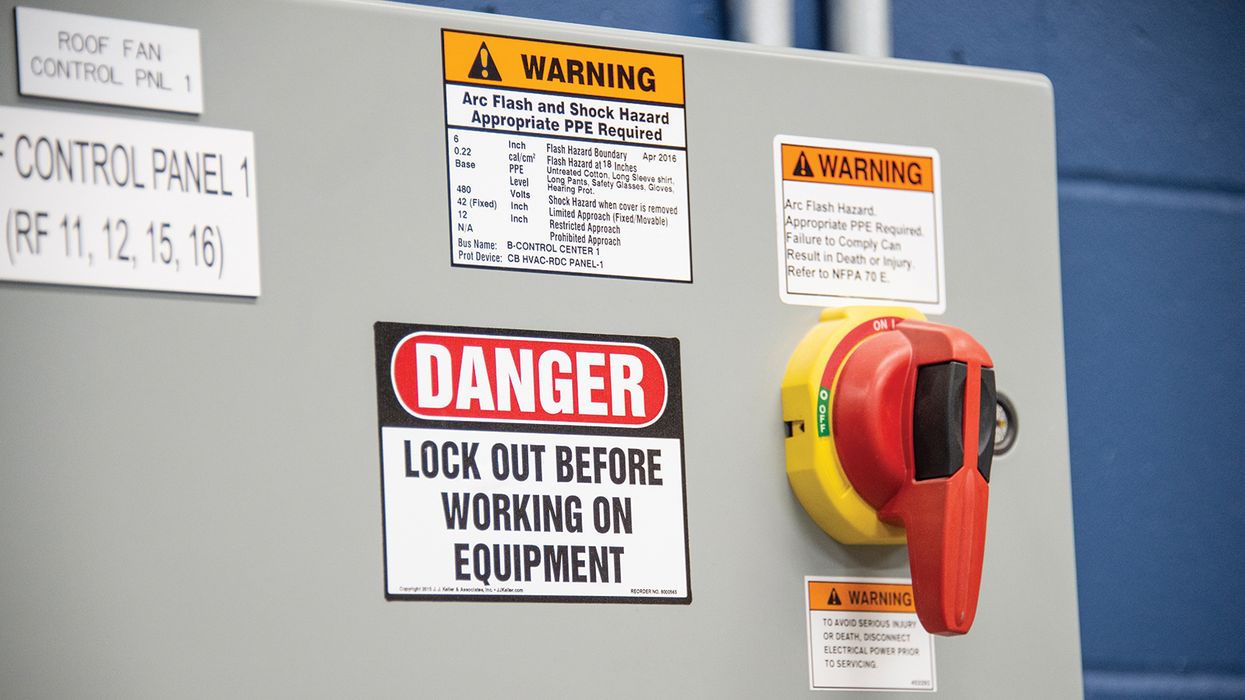Expert Insights: PWFA – it’s a thing
Congress doesn’t enact many employment laws. When it does, it usually makes headlines. Not everyone, however, sees those headlines. This seems to be true for the federal Pregnant Workers Fairness Act (PWFA).
We were surprised when we received questions from employers asking us what they should do with pregnant employees who do not meet the eligibility criteria for leave under the federal Family and Medical Leave Act (FMLA), or those who want to work through their pregnancies.
The PWFA became effective in June 2023. The Equal Employment Opportunity Commission (EEOC) began enforcing it then. A year later, the EEOC published regulations implementing the law. It’s a thing.
What the PWFA requires
Employers with 15 or more employees must provide a reasonable accommodation to an employee’s (or applicant’s) known limitation (which can be minor and apply to non-complicated pregnancies) related to, affected by, or arising out of pregnancy, childbirth, or related medical conditions unless the accommodation will cause an undue hardship. The PWFA is somewhat of a cousin to the federal Americans with Disabilities Act, regarding accommodations, but the PWFA does not need for the individual to have a disability.
The PWFA applies not only to pregnant employees but also to those who have limitations related to pregnancy, including menstruation, hormone changes (did someone say menopause?), those trying to get pregnant, and those who have already delivered.
Yes, time off for delivery and recovery can be a reasonable accommodation under the PWFA, so employees who aren’t eligible for FMLA may take leave.
But leave is the accommodation of last resort. Employers must first try to find an accommodation that enables the employee to continue to perform the job’s essential functions. Sometimes, employees will, however, need leave.
Like the ADA, when an employee asks for a workplace change due to a pregnancy-related condition, employers should engage in an interactive process with the employee. The focus should be on finding an accommodation. Unlike the ADA, employees don’t have to accept an accommodation that was not reached through the interactive process.
The law has many more details, but the first step is getting the word out that it exists.
Key to remember: Employers, please get familiar with the PWFA. We do not want to read headlines about you getting in trouble for violating this law.

























































